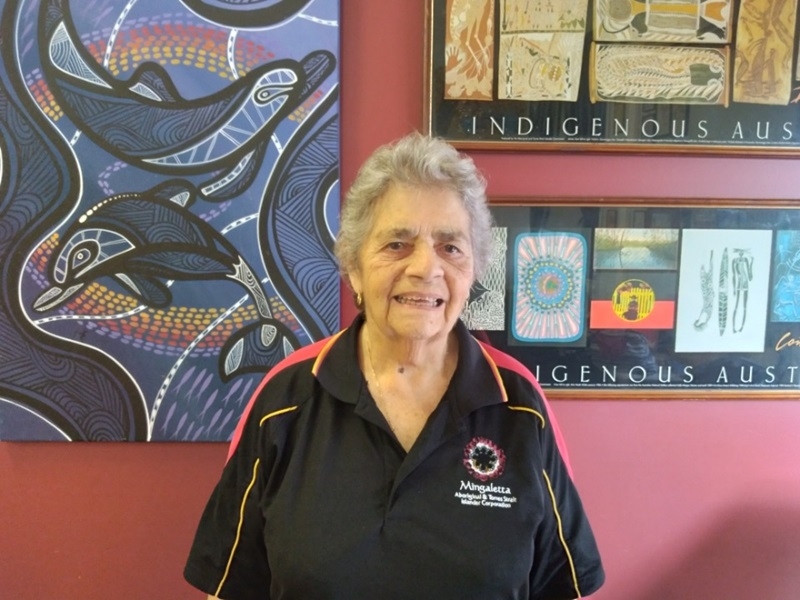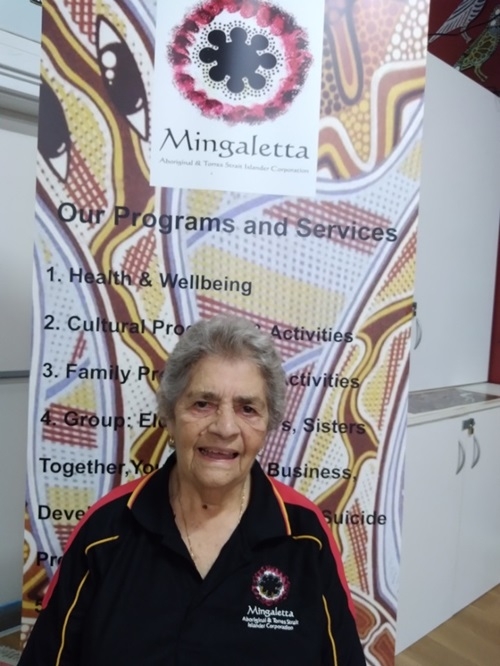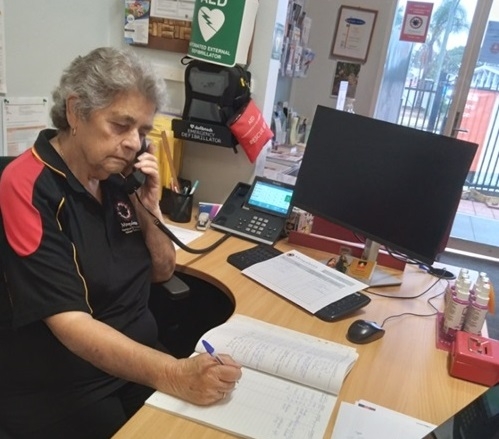The cost of keeping services free
Mingaletta Aboriginal and Torres Strait Islander Corporation has been running activities, programs and services that support health, welfare and education for 20 years. In 2022, it hired its first employee – a volunteer who had been there from the beginning.

Since then, Mingaletta has continued to focus on making sure its services for First Nations people in Umina and Woy Woy on the NSW Central Coast remain free. But keeping things freely accessible to everyone isn’t easy. It takes a lot of outreach, relationship building and communications.
It takes a team
When Mingaletta started, members would meet at each other’s houses and at the back of the school hall. In 2010 Mingaletta was able to secure a lease with the council and hire a hall for $100 a week. The hall has become a bustling centre for the community to access 23 programs that cover:
- culture
- health and wellbeing
- early childhood
- young people
- connection to services.

Programs can bring in professionals like nurses and lawyers, making professional help and advice much more accessible for First Nations people in the area. It’s also a place where the doors are open for people to drop in. Plus, Mingaletta proactively runs and supports community events and provides school holiday programs.
The team, led by Yorta Yorta and Wiradjuri woman Dianna O’Brien (Aunty Di), works hard to keep its many programs running. In her words, she’s been there volunteering ‘since day dot’. For the last 2.5 years, she’s had a wage as Mingaletta’s coordinator – and has been thinking up ways to keep the corporation providing free and accessible support to the community as volunteer numbers decline.
‘We had about 14 volunteers at one stage helping us with family events, sports and gardens for sale. We would do fundraising BBQs. The community was very involved with keeping the doors open,’ says Aunty Di.
To bolster the small and busy team, Aunty Di emphasises the importance of drawing on others with expertise. This involves forming partnerships with other organisations. Aunty Di says what keeps her going is the community and making sure no one has to pay for services.
‘All of the professionals who come in are from outreach from other services, which is excellent to me. We always tell people that they don’t have to pay to come to see people at the centre. We’re grassroots – we’re not about charging people. And people who come in for help outside of the programs, we refer them to other services or we help them ourselves,’ she says.
Consistent communication gets the word out
As well as building stakeholder relationships, Aunty Di is big on communication and marketing. She tells people about donating to Mingaletta at any chance she gets, and she puts the call out through marketing materials like quarterly newsletters.

‘I’ve had people just come in and say, “Can we donate some money?” And I say, “Of course you can!” And it hasn’t just been $50 – it’s been as much as $2,000. They’ve seen the newsletters,’ says Aunty Di.
As part of a recent $50,000 grant from the National Indigenous Australians Agency (NIAA), Mingaletta’s now proudly displaying a brand new sign at the front.
‘I’m glad the sign is there,’ says Aunty Di. ‘No one can say they don’t know we’re here because it’s all there and it’s big! Now people know, they’ll come in. They drive past it and they can see what’s going on in the hall.’
Building from solid foundations
As Mingaletta keeps its focus on providing free services for the local community, Aunty Di hopes the promotion and the partnerships and relationships formed will keep the wheels turning.
‘We work closely with Coastal Shelter and other Aboriginal and non-Aboriginal service providers. Which is good – we’re all working together and walking together,’ says Aunty Di.
She’s also encouraging younger generations to step up and is keen to mentor the next person or people to run Mingaletta into the future.
‘I’m 78 years old and I’ve been putting it out there for people to try and get trained up. I want young people to start standing up and showing their young faces here, and encourage more young people to come in,’ she says.
The next generation is important for the corporation – to keep its important work going in the same grassroots way it’s become known for. Aunty Di hopes Mingaletta’s reputation in the community can continue by keeping the organisation truly community owned and run.
‘The community keeps helping us,’ she says. ‘Together we keep it going. They're a really good community here, they look after the hall. If I'm in here on my own and I’ve got the gate half open, I've seen people walk past and they've locked it to look after the place.’
Mingaletta’s worked hard for its reputation as a central hub for the community, enjoyed for its culturally-responsive and accessible programs. With more people power, it will be able to keep providing extensive free services for First Nations people of all ages.